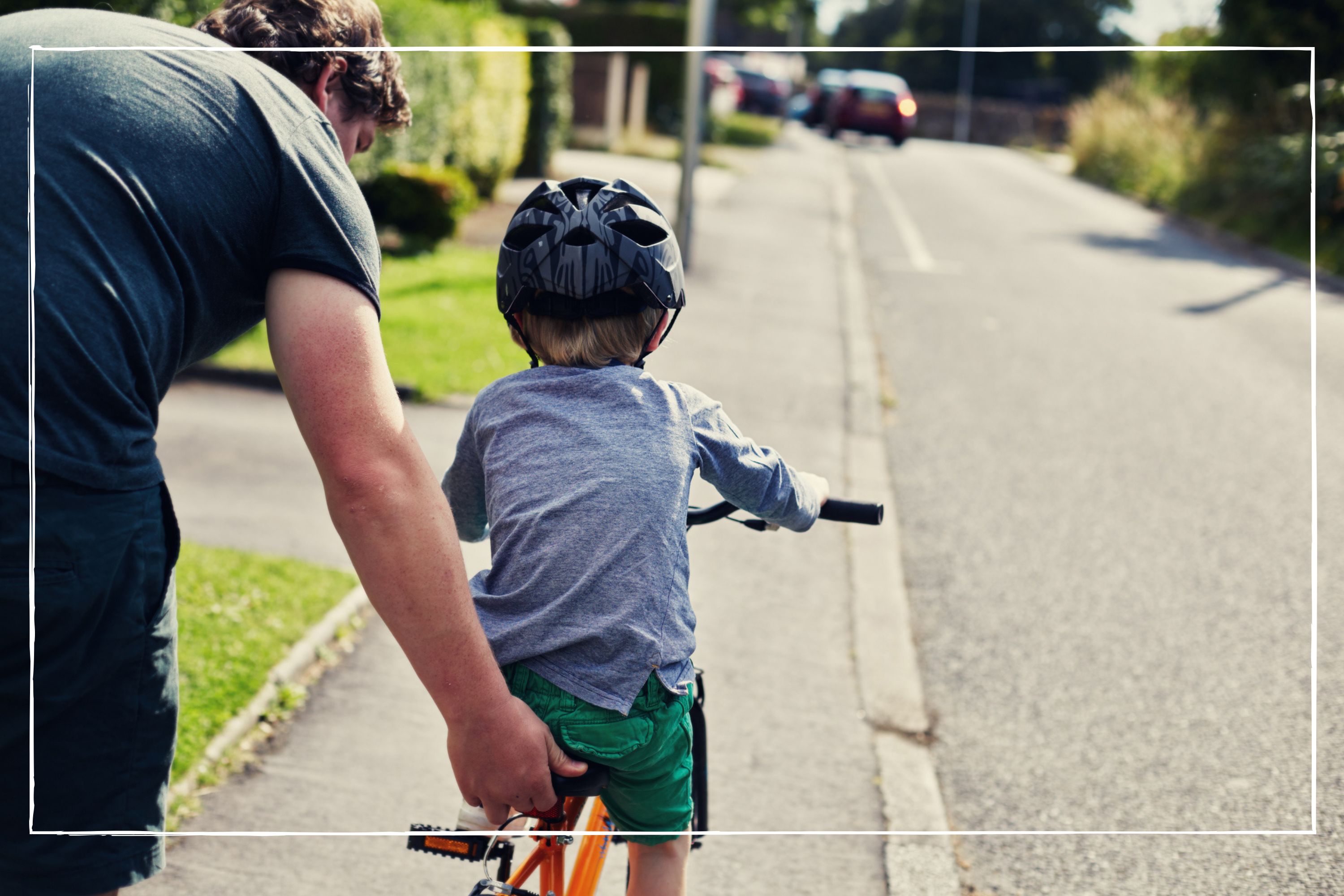Why has my child benefit gone down?
We explain why your child benefit may have been reduced or stopped completely - and what you can do about it
Ruth Emery

This article has been updated to reflect 2023's child benefit increase and the payment dates if your child benefit is due on one of the remaining bank holidays in 2023. It has also been fact-checked and any out of date information removed.
In the coming weeks, you might check your bank account and wonder why you child benefit payment has gone down. And there could be a couple of reasons as to why.
Child benefit is paid to parents or carers with babies, children or teenagers, but it's not paid automatically - you will need to apply for it. And once your child reaches 16, you will need to reapply if your child continues to meet the criteria. However, thousands of parents have not yet told HMRC that their 16-year-old is staying in full-time education or in an approved training scheme, meaning their child benefit payments will stop on 31 August.
Sarah Coles, senior personal finance analyst at the investment platform Hargreaves Lansdown, says: “For any parent who has been struggling through the expensive school holidays and tackled the horrible cost of going back to school, a sudden stop in child benefit payments can come as a horrible shock.”
Remember that in addition to child benefit, you may also be entitled to other government tax breaks and benefits. If your child hasn’t started school yet, check to see if you’re eligible for 30-hours free childcare, or the tax-free childcare allowance (this is also available to primary-school-aged children).
Why has my child benefit gone down?
Your child benefit payments may have stopped or been reduced if you forgot to tell HMRC that your teenager is staying in full-time education after getting their GCSE or Scottish National Certificate results, or that they have left but are in an approved training scheme.
Child benefit stops on the 31 August on or after a child’s 16th birthday if they leave education or training. It continues if they stay in approved education or training, but it is up to the parent or carer to tell HMRC. Otherwise, the payments will automatically stop.
Earlier this year, HMRC wrote to 1.3 million parents and carers of children, who were in the last year of school or education, to remind them to update their child benefit records by 31 August, or risk seeing their payments end.
Parenting advice, hot topics, best buys and family finance tips delivered straight to your inbox.

If you have several children, one of whom is 16 and has just gone back to school to start their A-levels, and another one is aged say 13, your child benefit payment may go down if you miss the 31 August deadline.
For example, you would have previously been getting a child benefit payment worth £39.90 a week for both of them. However, if payment for the 16 year old has stopped, this means the total payment would have dropped to £15.90 a week. This means you will have seen your payment drop from £159.60 to £63.60, as child benefit is usually paid every four weeks.
Rosie Hooper, chartered financial planner at the wealth manager Quilter, says: “Those eligible for post-16 child benefit should ensure they update their records as soon as possible.
“Given the current cost of living crisis, the benefit will be all the more valuable and many families run the risk of losing out if they do not reapply.”
What are other reasons for HMRC to reduce my child benefit payment?
Your child benefit payment could have been delayed or stopped for several other reasons. If you have changed bank accounts and not informed the Child Benefit Office, your payment will be late. When this happens, HMRC usually sends a letter asking for your new bank details. If you missed the letter, contact them and ask what they need in order to restart payments.
It’s best to keep HMRC updated about any change in bank account, or if you move address.
Your child benefit payments may also stop if your child starts paid work for 24 hours or more a week and is no longer in approved education or training, starts an apprenticeship in England, or starts getting certain benefits in their own right, such as income support, employment and support allowance or tax credits.
If your child is now living with someone else, it may also mean you’re no longer eligible and your payments would stop.
How do I claim child benefit if I miss the 31 August deadline?
You can still tell HMRC that your teenager is entitled to child benefit, but your payments could be late. This depends on how soon after 31 August you contact HMRC, and when you normally receive your payment.
According to personal finance expert Sarah Coles, parents may not have been aware they needed to tell the Child Benefit Office to keep receiving payments for their 16 year old, and that “it’s easy to lose track of these things”.
To notify HMRC, either send the form back that you received in the post earlier this year, update your online personal tax account, or call the Child Benefit Office on 0300 200 3100.
If your child does not meet the criteria for you to continue receiving child benefit — for example, they have left school and have a paid job — you do not need to contact HMRC.
And if your teenager turns 16 in this new school year, don’t panic, as you don’t need to do anything until next summer.

How do I know if my 16 year old is still eligible for child benefit?
Child benefit can continue to be paid to a parent or carer until the child turns 19, as long as they are in full-time non-advanced education or approved training. This includes A-levels, Scottish Highers and NVQs up to Level 3. If you’re home-schooling your child and it started before they turned 16 (or after 16 if they have special needs), this also counts as approved education.
Approved training should be unpaid and can include traineeships in England, foundation apprenticeships or traineeships in Wales, employability fund and No One Left Behind programmes in Scotland, and certain schemes in Northern Ireland. There’s a full list on the government website.
Child benefit can also be paid to parents or carers of 16 or 17 year olds that leave education or training and register with the armed services or a government-sponsored careers service. However, this is just for a short time and is known as an “extension” ; child benefit will only be paid for 20 weeks.
When is child benefit paid?
Child benefit is usually paid every four weeks on a Monday or Tuesday straight into your bank account. If you’re a single parent or getting certain other benefits, such as income support, you can have the money paid weekly. You can only get the money paid into one account - this can be any account, apart from a Nationwide CashBuilder account in someone else’s name.
Bear in mind that bank holidays can affect when the payments are made. Child benefit is typically paid early if it’s due on a bank holiday. So, any payments due on the August bank holiday Monday (28 August) were paid on Friday 25 August.
Payments due on Christmas Day or Boxing Day this year will be paid on Friday 22 December, Payments due on 1 January will be paid on 29 December. A full list of child benefit payment dates are available on the government website.
If you find you no longer qualify for child benefit and want to boost your income, make sure you understand how to make extra money to give your bank balance a boost.
Sarah is GoodtoKnow’s Money Editor. After Sarah graduated from University of Wales, Aberystwyth, with a degree in English and Creative Writing, she entered the world of publishing in 2007, working as a writer and digital editor on a range of titles including Real Homes, Homebuilding & Renovating, The Money Edit and more. When not writing or editing, Sarah can be found hanging out with her rockstar dog, getting opinionated about a movie or learning British Sign Language.
- Ruth EmeryContributor to our sister brand The Money Edit